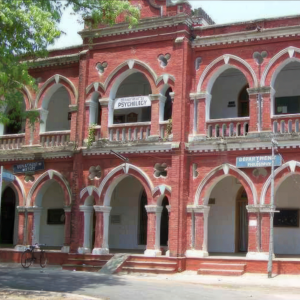India’s Premier Centre for South Asian Studies and Dialogue
The Sundar Singh Institute of South Asian Studies is strategically positioned within India’s academic and policy-making landscape to lead interdisciplinary and socially relevant research focused on South Asia. Formerly known as the St. Bartholomew Institute in Allahabad, the Institute was renamed in January 2024—marking not only a reaffirmation of its foundational mission, but also a significant expansion into broader international engagement.
Rooted in a tradition of inquiry and public scholarship, the Institute reflects a renewed vision for academic excellence and transformative research. It is committed to fostering deeper understandings of the complex political, social, and developmental challenges facing South Asia, and to engaging with these challenges through critical dialogue, collaborative partnerships, and evidence-based policy contributions.
As a nationally registered research centre, the Sundar Singh Institute is uniquely positioned to address issues of regional and global significance. Its work draws upon rigorous scholarship, interdisciplinary collaboration, and sustained engagement with both governmental and non-governmental institutions. Through this integrated approach, the Institute plays a vital role in shaping the discourse around South Asian development, identity, and governance—bridging local contexts and global scholarship.
Inspired by the Life of Sadhu Sundar Singh
The Institute’s vision is profoundly shaped by the life and witness of Sadhu Sundar Singh, a figure of spiritual depth and public conscience in early twentieth-century South Asian Christianity. His unwavering commitment to contemplative prayer, ethical integrity, and nonviolent service offers a model for scholarship that is both spiritually grounded and socially transformative.
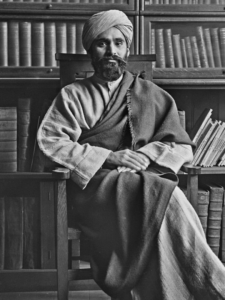
Honouring his legacy, the Sundar Singh Institute seeks to cultivate research that is morally discerning and intellectually rigorous—work that does not merely observe South Asia from afar, but is engaged with the lived realities of its communities. In this, the Institute affirms the value of academic independence joined with ethical responsibility, and positions itself as a space where theology, ethics, and public life meet.
The Institute’s faith-informed academic mission envisions research not as an abstract pursuit, but as a vocation that speaks to real human needs—particularly those related to justice, dignity, and inclusion. Through this lens, the Institute aims to produce scholarship that contributes to lasting change in the region and inspires policy shaped by compassion and equity.
Its institutional capacity, broad partnerships, and thematic range place it among the most dynamic and impactful centres of South Asian studies in the region. From community-based research to internationally recognised policy contributions, the Institute actively reshapes how South Asia is studied, understood, and engaged with—both locally and globally.
Who We Are: Advancing Understanding, Shaping the Future
The Sundar Singh Institute of South Asian Studies is a nationally accredited centre of excellence devoted to advancing critical, interdisciplinary scholarship on the political, cultural, economic, and environmental dimensions of South Asia. As an independent and values-driven research institute, we uphold a firm commitment to methodological rigor, intellectual autonomy, and ethical responsibility in every aspect of our academic work.
At the core of our mission is the belief that scholarship should not only deepen theoretical understanding but also contribute to meaningful institutional change and actionable public policy. Our faculty and researchers actively engage with Indian policymakers, regional stakeholders, and international organizations to foster transformative outcomes grounded in evidence and cultural sensitivity.
We operate from the conviction that knowledge—when rooted in empirical insight and informed by diverse cultural perspectives—has the power to shape more inclusive, just, and sustainable societies. Our research ethos is shaped by a profound respect for lived experience and a dedication to advancing equity, social justice, and human dignity throughout South Asia.
Through this integrative vision, the Institute continues to strengthen its role as a vital platform for dialogue, discovery, and public engagement—bridging academic excellence with social responsibility in ways that resonate across local and global contexts.
Our Research
At the Sundar Singh Institute of South Asian Studies, our research agenda is built on a transdisciplinary foundation that challenges prevailing assumptions surrounding social equity, institutional legitimacy, cultural continuity, and democratic governance. We are committed to producing work that is not only academically rigorous but also socially relevant—bridging the worlds of theory, public engagement, and applied policy.
Our research seeks to explore the critical intersection of knowledge production, civic responsibility, and justice-oriented action. To this end, we foster collaborative inquiry that transcends traditional disciplinary boundaries. Our scholars work across a wide spectrum of fields, including political science, economics, anthropology, environmental studies, religious studies, and international relations.
Through this integrated approach, we address some of the most pressing issues confronting South Asia today: democratic erosion, disparities in urban health systems, vulnerability to climate change, and the persistent marginalisation of rural communities. We believe that research should not only explain the world but actively contribute to its transformation.
Leadership in Sustainable Rural Resource Management
In partnership with the Ministry of Environment, Government of India, the Institute spearheaded the development of a comprehensive National Strategy for Sustainable Resource Management in Rural South Asia. This initiative tackled urgent environmental and development challenges—most notably, severe water scarcity and soil degradation in arid and semi-arid regions.
By contributing empirical data, strategic analysis, and community-based insights, the Institute helped shape the policy framework that ultimately became the National Rural Sustainability Initiative. This initiative now serves as a national model for climate-sensitive rural development and a benchmark for policy coherence in environmental resilience. The Institute’s leadership in this field has demonstrated how academically grounded research can directly shape sustainable governance at scale.
Urban Health Equity in an Age of Rapid Urbanisation
The Institute also collaborated with the World Health Organization to launch a major research initiative titled Equitable Health Access in South Asian Urban Areas. This project investigated the rapidly growing disparities in healthcare access arising from accelerated urban expansion and demographic shifts across the region.
Our findings revealed systemic gaps in health infrastructure and access, particularly among marginalised urban populations. These insights were incorporated into WHO’s regional policy frameworks on urban health equity and continue to inform development strategies in rapidly urbanising environments. Through this partnership, the Institute has contributed significantly to advancing global discourse on health justice in the context of South Asia’s urban transformation.
Our Research Philosophy: Toward an Inclusive and Just South Asia
The research philosophy of the Sundar Singh Institute is rooted in a deep commitment to socially engaged, empirically grounded, and ethically reflective scholarship. We approach South Asia not simply as a geopolitical region, but as a richly layered civilizational landscape—shaped by intersecting histories, evolving identities, and complex processes of political and cultural transformation.
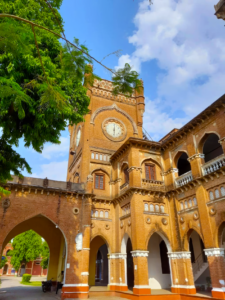
Our academic orientation embraces critical interdisciplinarity as a core principle. We draw from diverse intellectual traditions and policy frameworks to challenge inherited assumptions and reframe key debates in fields such as social mobility, human rights, ecological resilience, and public health. In doing so, we seek to move beyond disciplinary silos and build new conceptual bridges between theory and practice.
Our research programmes operate at the intersection of rigorous fieldwork, locally grounded analysis, and globally relevant theory. We are committed to generating scholarship that resonates across academic and policy contexts—illuminating structural injustices while also contributing to the design of inclusive, sustainable, and culturally responsive solutions.
At the heart of this vision is a belief that scholarship, when conducted with ethical integrity and contextual awareness, can serve as a powerful force for justice, equity, and social transformation across South Asia and beyond.
At the heart of this vision is a belief that scholarship, when conducted with ethical integrity and contextual awareness, can serve as a powerful force for justice, equity, and social transformation across South Asia and beyond.
Independent and Policy-Relevant
The Sundar Singh Institute operates as an independent research institution—free from political affiliations or institutional pressures that might compromise intellectual integrity. This autonomy enables us to pursue scholarship that is analytically rigorous, ethically grounded, and deeply engaged with the lived realities of the communities we study.
Our independence is not isolation. Rather, it is a position of responsibility—an opportunity to engage meaningfully and transparently in public discourse. We advocate for evidence-based policies that reflect democratic values, uphold human dignity, and respond to pressing social and environmental challenges.
This principled stance allows us to contribute to matters of governance, institutional reform, and civic accountability as trusted voices within the public sphere. Through our research and partnerships, we strive to uphold the ethical responsibilities of scholarship and to foster an academic culture that is both critically reflective and publicly relevant.
Leadership & Faculty
The strength of the Sundar Singh Institute lies in its diverse and dynamic academic community. Our leadership and faculty encompass a broad spectrum of scholars, policy practitioners, and cultural researchers—each contributing unique perspectives and areas of expertise to our collective mission.
Rather than adhering to a single ideology or disciplinary framework, we foster an environment of open inquiry and respectful exchange. Our team includes tenured professors, early-career researchers, and experienced policy advisors who work collaboratively across disciplines and institutional boundaries.
Through ongoing partnerships with national and international collaborators, the Institute maintains a faculty culture that values both intellectual depth and real-world impact. This diversity of voices and vocations reflects our commitment to inclusive knowledge production and to leadership that is both ethically grounded and globally engaged.

Dr. Rajiv K. Menon
Head of Faculty and Assistant Director

Dr. David A. Chatterjee
Academic Affairs Coordinator
Institutional Partnerships and Collaborative Engagement
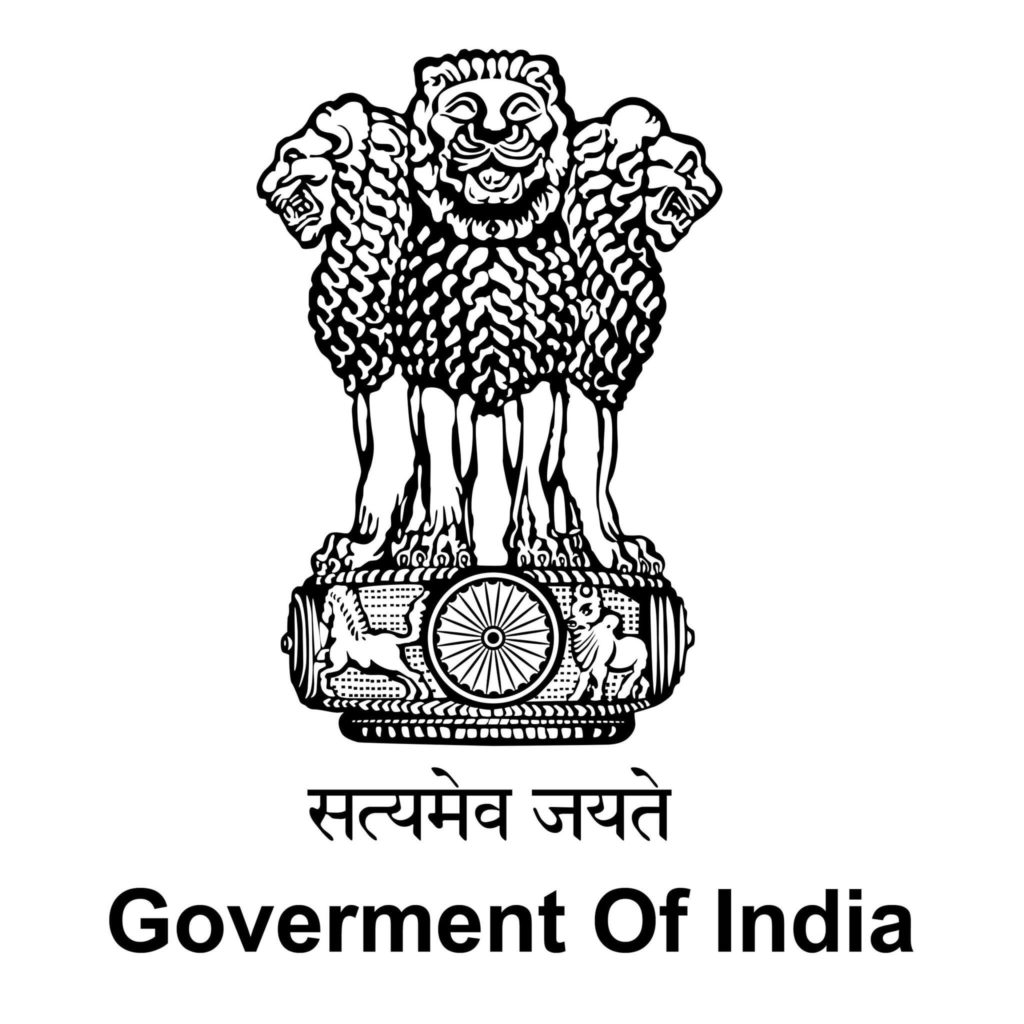
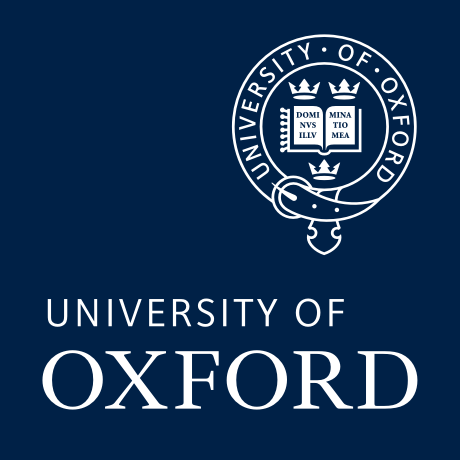
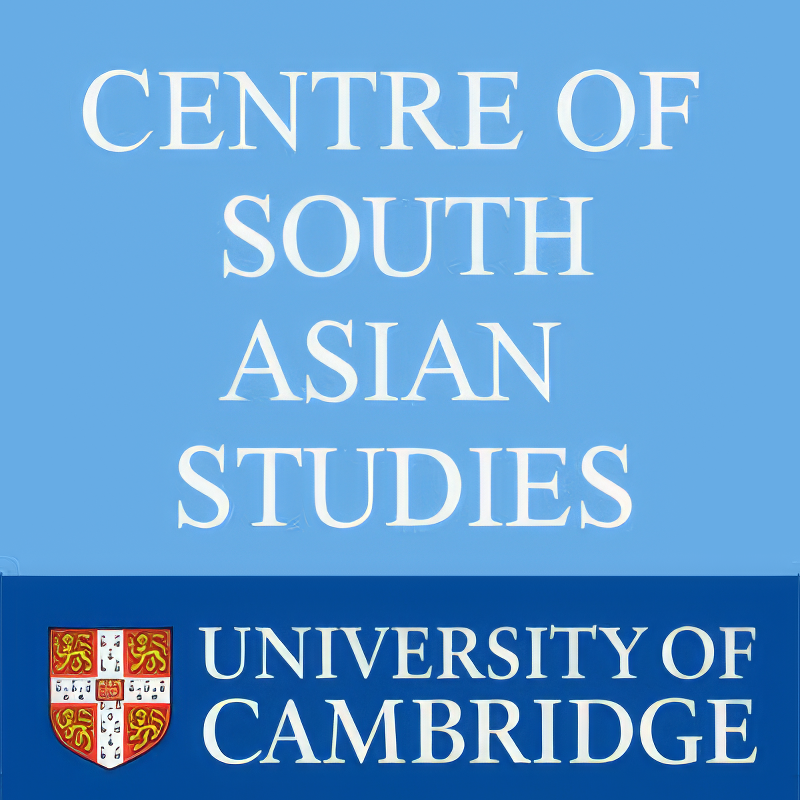

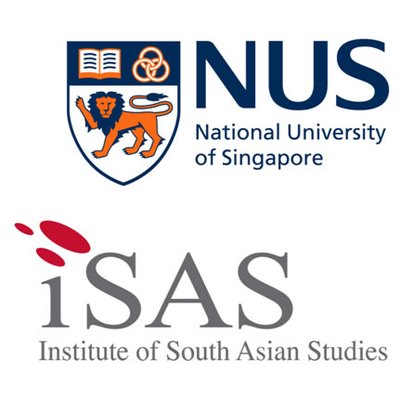

The Sundar Singh Institute actively cultivates strategic partnerships with academic institutions, research think tanks, governmental agencies, and international organizations. These collaborations are central to expanding the scope, relevance, and policy impact of our work on South Asian issues.
We believe that the most sustainable and context-sensitive solutions emerge from shared expertise, cross-border dialogue, and long-term institutional cooperation. Through these partnerships, we aim to address complex regional challenges with a spirit of mutual learning and shared responsibility.
Our partnership strategy is both national and global in reach. We work with our collaborators to co-develop research projects, design inclusive interventions, and shape forward-looking policy frameworks. Rather than merely participating in academic and policy debates, the Institute strives to help reshape them—grounded in empirical research, ethical engagement, and a commitment to intellectual openness.
These relationships strengthen our capacity to produce research that is both theoretically innovative and practically impactful, while reinforcing our role as a hub for collaborative knowledge production across South Asia and beyond.


